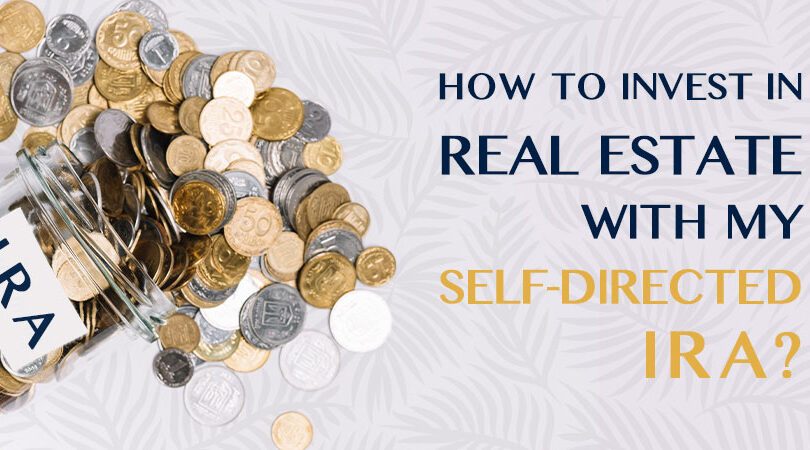A self-directed IRA (SDIRA) is a type of individual retirement account that gives you more control over your investment choices. Unlike traditional IRAs, which typically offer a limited selection of stocks, bonds, mutual funds, and ETFs, a self-directed IRA allows you to invest in a wider range of assets, like real estate, private equity, and even precious metals.
Setting up a self-directed IRA requires you to find a custodian who specializes in these accounts. The custodian is essential because they hold your assets and ensure compliance with IRS regulations. Custodians don’t offer investment advice, so you’re responsible for doing your research and making investment decisions.
Eligibility for a self-directed IRA is similar to other types of IRAs. Most people qualify as long as they have earned income. You can set up a traditional self-directed IRA or a Roth self-directed IRA, depending on your tax preferences.

Self-directed IRAs come with their own set of risks and advantages. For one, you get to diversify beyond the stock market, which can potentially lower your overall risk. But these accounts demand more savvy as the due diligence falls entirely on you. If you’re not careful, it’s easy to venture into prohibited transactions, which could lead to hefty penalties.
Understanding the types of investments allowed in a self-directed IRA can help you make smarter decisions. While the options are vast, the IRS does have restrictions on certain types of investments, like collectibles and life insurance. Make sure you’re familiar with what is and isn’t allowed to avoid complications.
Lastly, having a good grasp of the custodian’s role can make a big difference. The custodian ensures that your account complies with all IRS rules. They help execute transactions, handle documentation, and report to the IRS, making them an invaluable part of the process.
Strategies for Investing in a Self-Directed IRA
Exploring investment options within a self-directed IRA can open up exciting opportunities. One popular option is real estate, which allows you to purchase residential or commercial properties. Owning property can provide a steady rental income and potential appreciation over time. Other common choices include private equity and promissory notes. Private equity involves investing in private companies or startups, while promissory notes are essentially loans you issue to others for a return.
Diversification becomes crucial when managing your self-directed IRA. Spreading your investments across different asset classes can help mitigate risks. For example, if you have real estate holdings, consider balancing them with other investments like private loans or precious metals. Assess your risk tolerance, investment timeline, and goals to create a balanced portfolio.
Doing your homework is vital when choosing investments for your self-directed IRA. This due diligence includes researching each investment’s performance, risks, and potential rewards. Be cautious about too-good-to-be-true offers and always verify the information. Staying informed can save you from making costly mistakes.
Tax considerations play a significant role when investing through a self-directed IRA. Understand the tax implications of your investment choices. For example, real estate investments can lead to Unrelated Business Income Tax (UBIT) if they generate income through a mortgage. Familiarize yourself with these tax rules to avoid surprises. Consulting a tax advisor can provide clarity and assist with strategic tax planning.
Mistakes in self-directed IRAs can be costly, so learning best practices is essential. Avoid prohibited transactions, which can disqualify your IRA and incur penalties. These transactions typically involve direct or indirect benefits to you or disqualified persons. Keeping meticulous records and adhering to all regulations will ensure your account remains compliant and prosperous.









